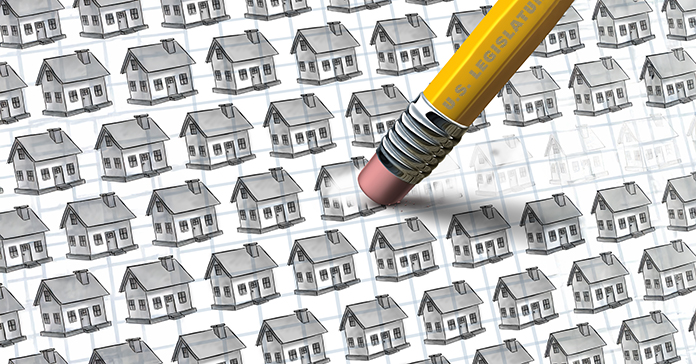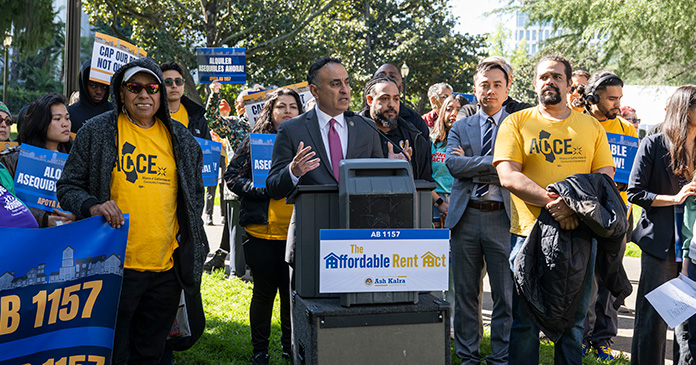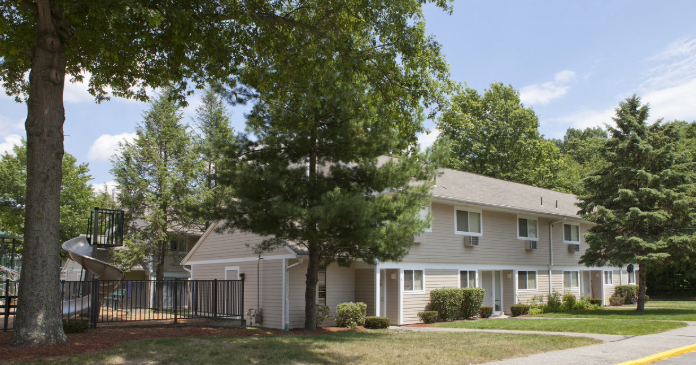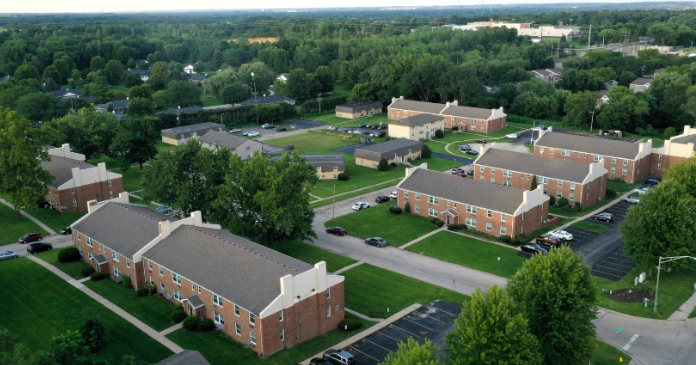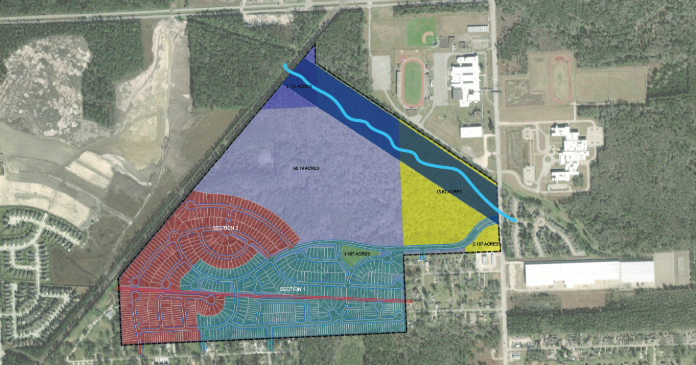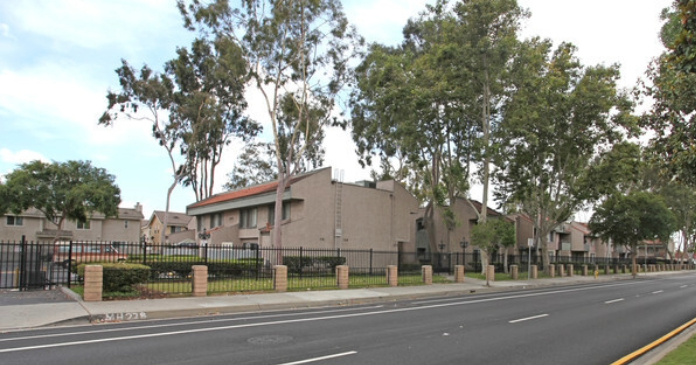Debt percentage relative to income during this period rose even more. To make matters worse, bankruptcies among these households are rising
steeply.
Christian Weller, author of this gloomy prognosis, predicts that the situation may only get worse, since this income group, ranging between $25,000 and $90,000, is not willing to reduce its spending, with many insisting on leading a lifestyle beyond their means.
Weller’s report finds that overall debt has expanded by 30 percentage points during this latest three-year time period. It’s the first time since the Federal Reserve Board began conducting this survey that debt accumulation has exceeded income growth.
The share of heavily-indebted households is on the upswing. At the high end of the debt-scale are households where debt payments are greater than 40 percent of income. These rose from 12.8 percent in 2001 to 13.7 percent in 2004.
As consumer debt rises, landlords statistically see greater and greater delinquency, and uncollected rent. These owners face diminished revenue of 2 to 3 percent annually, impacting the profitability and investment value of their property.
When an owner is working to grow the profitability of his portfolio and increase ROI by 3 to 4 percent annually, a revenue loss of 3 percent requires an additional 5 to 7 percent in additional revenue to net the original growth goal.
As consumer debt grows, uncollected rent is becoming a larger concern for landlords. Owners who do little to collect past-due rent are giving up profit to bums, at best, and allowing bad debtors to literally devalue their investment, and typically causing the rest of the property to suffer.
Non-paying renters cost everyone money. Adding to the already difficult issue of increasing consumer debt is the fight against time a majority of owners face.
Research shows that the longer a debt goes unpaid, the less likely an owner is able to collect it. Recovered revenue from successful debt collection allows owners to stabilize, even increase, property values and, more importantly, the bottom line.
Property managers understand first-hand how much time and effort is required when a resident skips out on a lease and must be sent to collection.
Tracking and gathering the paper trail on bad debt is one of the biggest obstacles in the process. Large or small, all owners know that such time is always better spent marketing and renting vacant apartments.
For larger owners and managers with thousands of units and hundreds of locations, production time at the local level is a serious business that cuts into ROI.
In addressing the specific needs of apartment owners, one debt collection firm, Tampa, Florida-based Hunter Warfield (HWI), has integrated residential debt collection into OneSite, the on-demand property management system from RealPage. The integration allows property managers to tag delinquent accounts so data can be automatically culled and transferred at scheduled times during the day eliminating the need for manual collection.
The process also eliminates data entry, which allows collection procedures to start immediately with all the current information the property has on the renter.
“It eliminates the hassles associated with placing a resident in collection,” says Stephen Sobota, CEO of Hunter Warfield.
Dean Schmidt, president of OneSite adds, “On the resident detail screen in OneSite, the user simply clicks the check box for collections and the system takes care of the rest. A nightly process ‘picks up’ the residents flagged for collections and queues them for download.”
The system allows owners and managers to log into HWI’s Web site and monitor the data exchange. They’re able to drill down through each of the downloaded files and browse the contents.
New reporting capabilities have been built within OneSite to track residents in collection status and monitor the collection balances. In addition “collection status” residents are highlighted in the payment history database; this information is used to compute credit scoring on subsequent rental applications. Residents with unpaid rental history will have an additional incentive to make good on prior monies owed or risk being denied on future applications.






